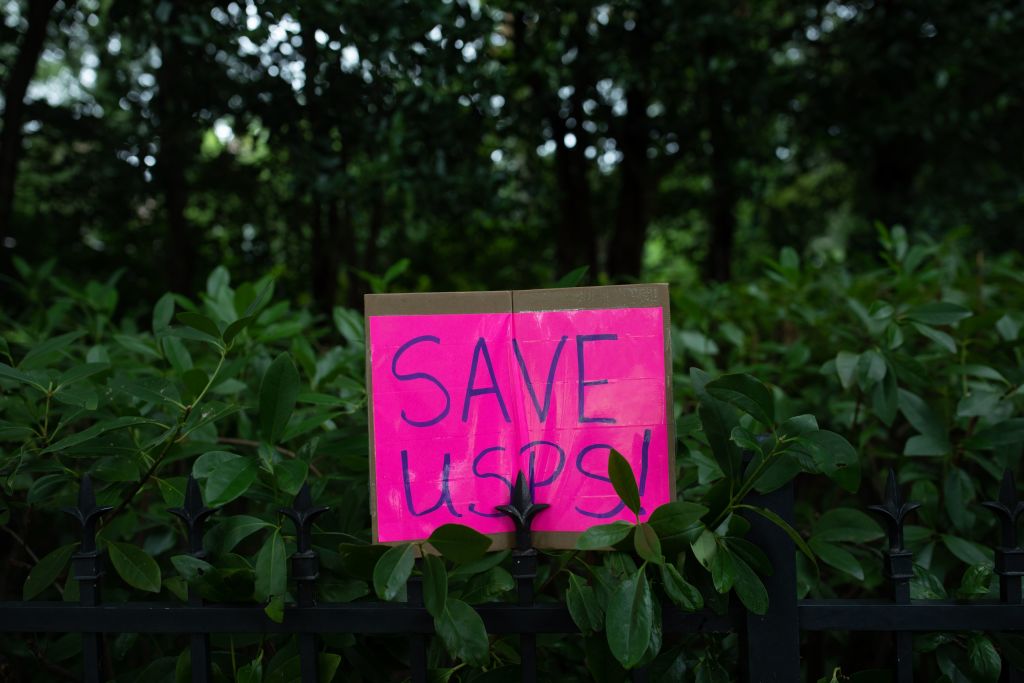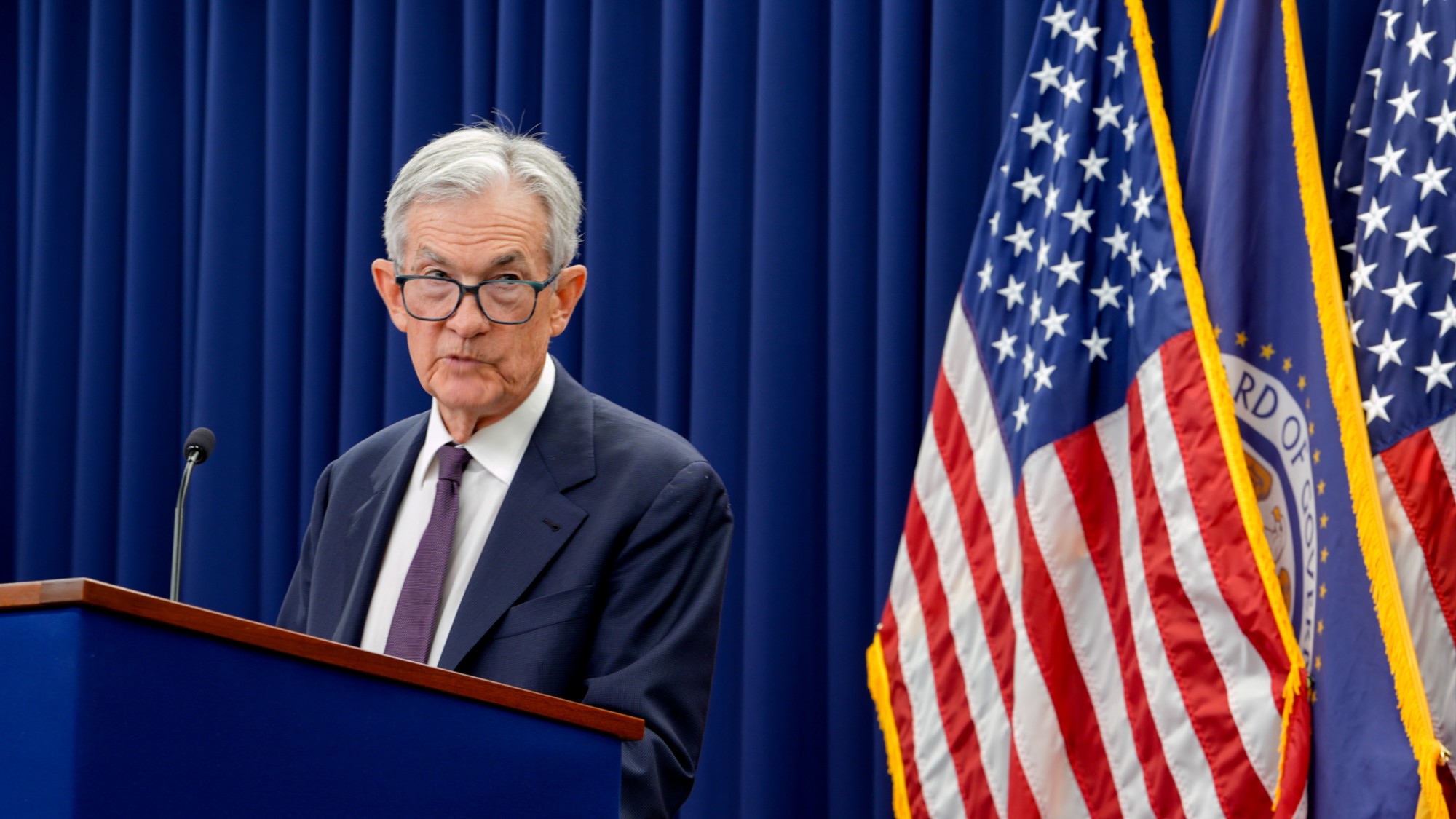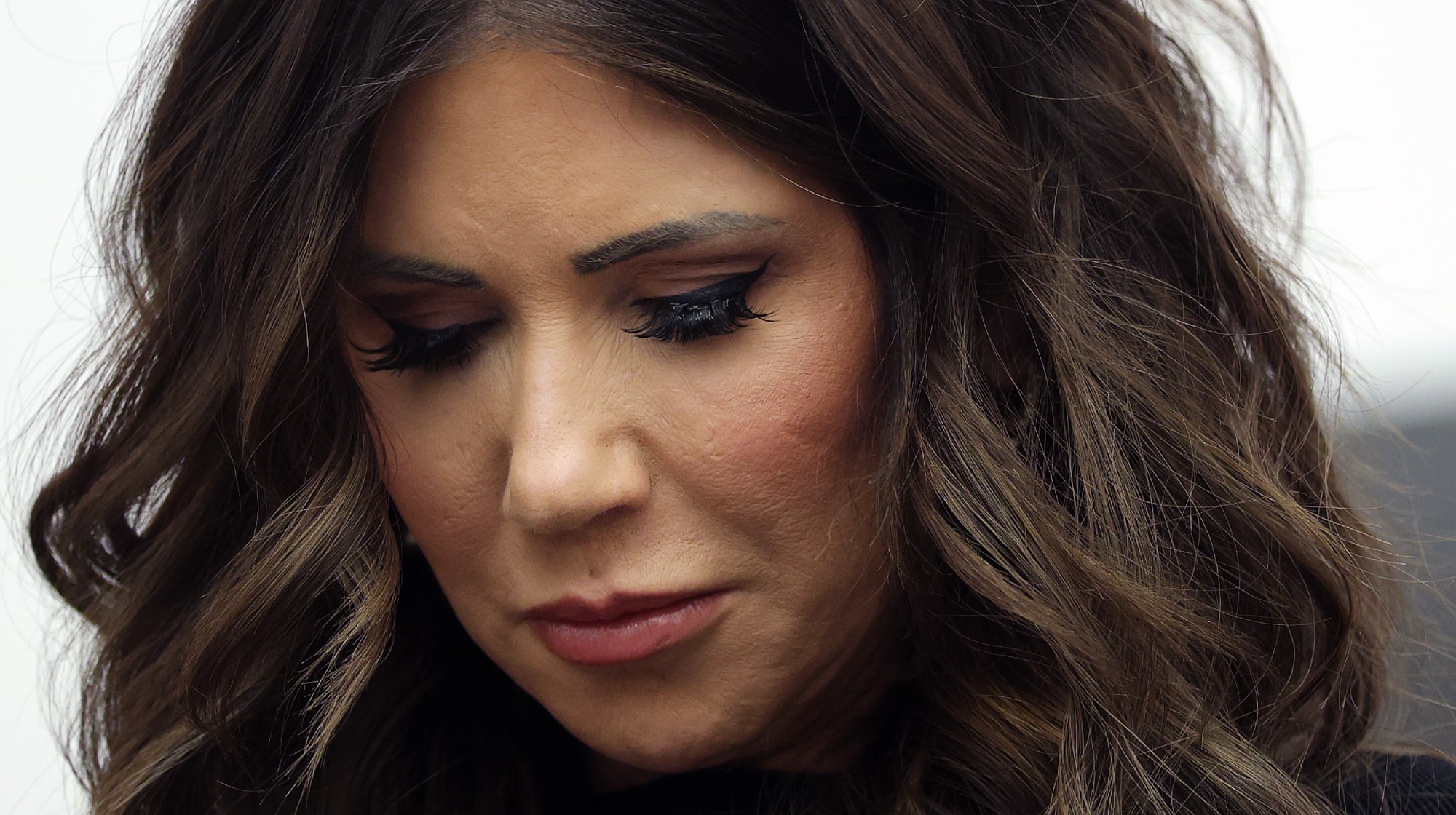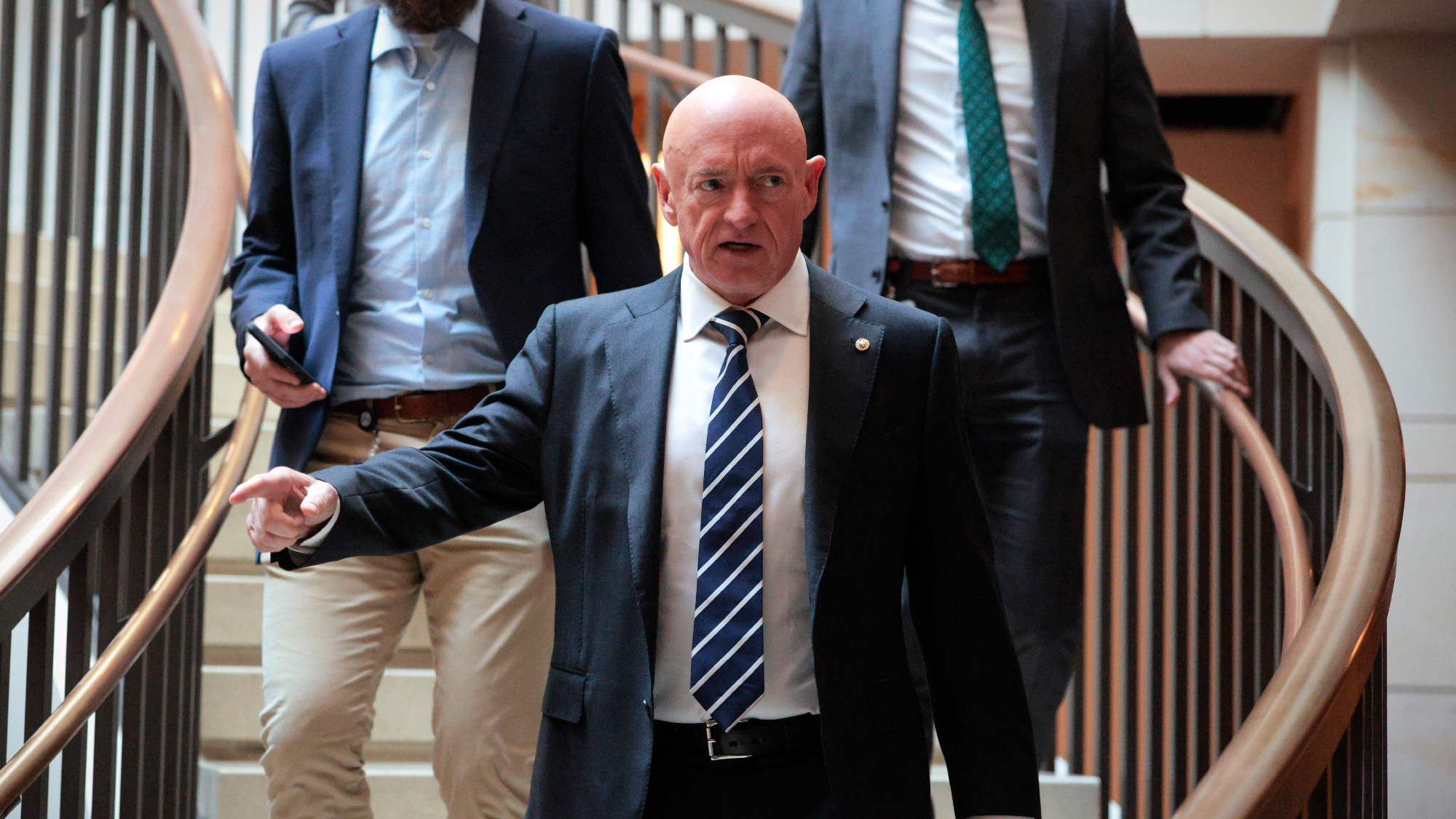Trump has reportedly fixated on the 'loser' USPS since 2017, but the mail-in ballot vendetta came from his allies


A free daily email with the biggest news stories of the day – and the best features from TheWeek.com
You are now subscribed
Your newsletter sign-up was successful
"Soon after taking office in 2017, President Trump seized on the U.S. Postal Service as an emblem of the bloated bureaucracy," repeatedly calling it "a loser," The Washington Post reports, citing aides who discussed the matter with him. "Allies coddled Trump by telling him the reason he lost the popular vote to Hillary Clinton in 2016 was widespread mail-in balloting fraud — a conspiracy theory for which there is no evidence — and the president's postal outrage coarsened further."
Trump himself came up with the false idea that Amazon's Jeff Bezos was "getting rich" because Amazon had been "ripping off" the Postal Service with a "sweetheart deal" on package delivery, an aide told the Post, leading to private griping among advisers who kept trying to explain to Trump that the Amazon-USPS deal was mutually beneficial. The Post adds this anecdote:
As Larry Kudlow prepared to take over for Gary Cohn as National Economic Council director in 2018, Kudlow told Cohn, "I just talked to the president and we have got to do something about this special deal Amazon has with the Postal Service," according to two former senior administration officials. ... Cohn burst out laughing and told Kudlow: "It's not my problem anymore. I've heard about this all the time since I've been here, and I've tried explaining that the post office actually competes for and wants last-mile delivery." [The Washington Post]
But now Trump's views on the Postal Service have collided with the upcoming election, to be conducted by mail to an unprecedented degree because of COVID-19. "Trump's fury with the Postal Service and mail-in balloting has become something of an obsession in recent weeks," the Post reports. "The president devotes extensive time to reading news reports and other materials about mail-in ballots, talking about the topic with his advisers and thinking about how to block such voting, according to one senior administration official."
The Week
Escape your echo chamber. Get the facts behind the news, plus analysis from multiple perspectives.

Sign up for The Week's Free Newsletters
From our morning news briefing to a weekly Good News Newsletter, get the best of The Week delivered directly to your inbox.
From our morning news briefing to a weekly Good News Newsletter, get the best of The Week delivered directly to your inbox.
Perhaps coincidentally, changes instituted by his new postmaster general and major Trump donor, Louis DeJoy, have led to slowed delivery and service disruptions around the U.S., as The New York Times details.
"In the 245 years of the Postal Service, no one has seen political attacks like this," James O'Rourke, a Notre Dame management professor who specializes in the USPS, tells the Post. "While for a long time we thought this was not politically driven, it's becoming increasingly transparent in recent days that this is almost entirely political."
A free daily email with the biggest news stories of the day – and the best features from TheWeek.com
Peter has worked as a news and culture writer and editor at The Week since the site's launch in 2008. He covers politics, world affairs, religion and cultural currents. His journalism career began as a copy editor at a financial newswire and has included editorial positions at The New York Times Magazine, Facts on File, and Oregon State University.
-
 Film reviews: ‘Send Help’ and ‘Private Life’
Film reviews: ‘Send Help’ and ‘Private Life’Feature An office doormat is stranded alone with her awful boss and a frazzled therapist turns amateur murder investigator
-
 Movies to watch in February
Movies to watch in Februarythe week recommends Time travelers, multiverse hoppers and an Iraqi parable highlight this month’s offerings during the depths of winter
-
 ICE’s facial scanning is the tip of the surveillance iceberg
ICE’s facial scanning is the tip of the surveillance icebergIN THE SPOTLIGHT Federal troops are increasingly turning to high-tech tracking tools that push the boundaries of personal privacy
-
 Trump sues IRS for $10B over tax record leaks
Trump sues IRS for $10B over tax record leaksSpeed Read The president is claiming ‘reputational and financial harm’ from leaks of his tax information between 2018 and 2020
-
 Trump, Senate Democrats reach DHS funding deal
Trump, Senate Democrats reach DHS funding dealSpeed Read The deal will fund most of the government through September and the Department of Homeland Security for two weeks
-
 Fed holds rates steady, bucking Trump pressure
Fed holds rates steady, bucking Trump pressureSpeed Read The Federal Reserve voted to keep its benchmark interest rate unchanged
-
 Judge slams ICE violations amid growing backlash
Judge slams ICE violations amid growing backlashSpeed Read ‘ICE is not a law unto itself,’ said a federal judge after the agency violated at least 96 court orders
-
 Rep. Ilhan Omar attacked with unknown liquid
Rep. Ilhan Omar attacked with unknown liquidSpeed Read This ‘small agitator isn’t going to intimidate me from doing my work’
-
 Democrats pledge Noem impeachment if not fired
Democrats pledge Noem impeachment if not firedSpeed Read Trump is publicly defending the Homeland Security secretary
-
 The billionaires’ wealth tax: a catastrophe for California?
The billionaires’ wealth tax: a catastrophe for California?Talking Point Peter Thiel and Larry Page preparing to change state residency
-
 Hegseth moves to demote Sen. Kelly over video
Hegseth moves to demote Sen. Kelly over videospeed read Retired Navy fighter pilot Mark Kelly appeared in a video reminding military service members that they can ‘refuse illegal orders’
